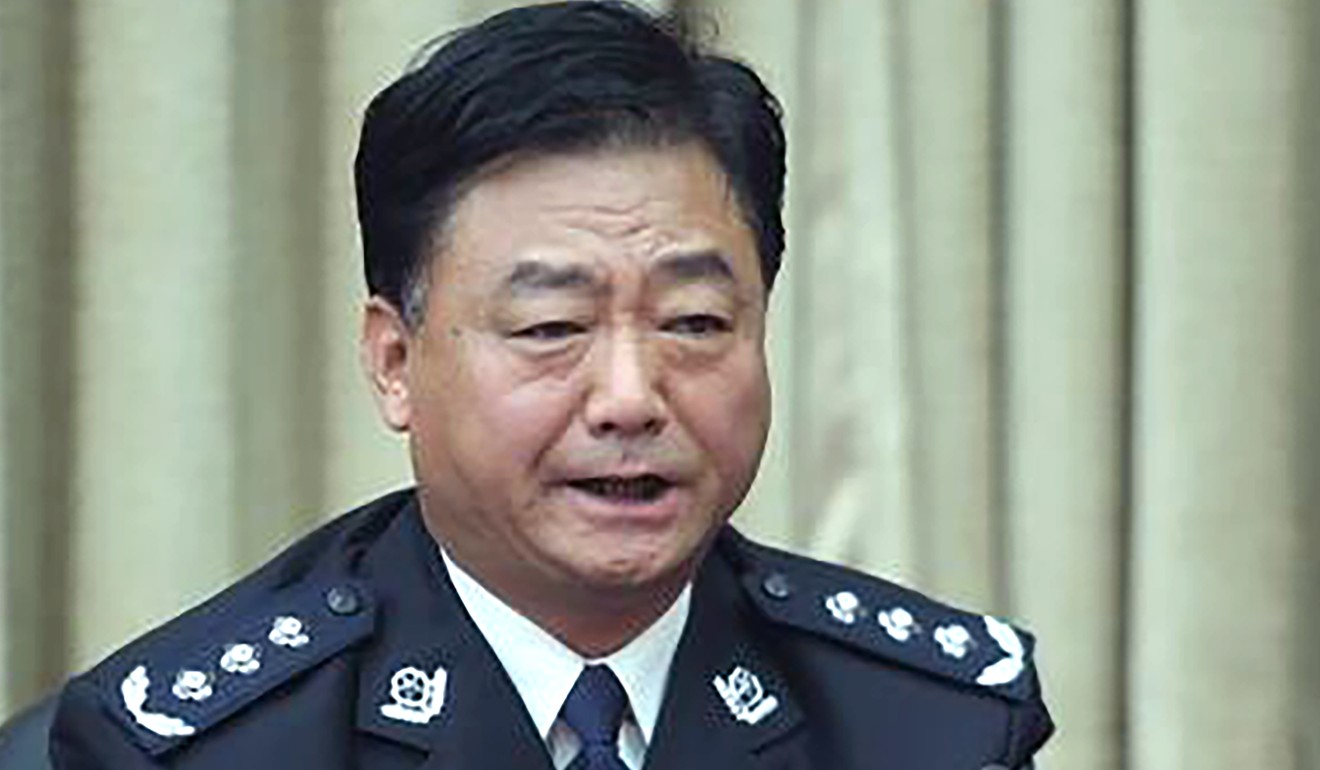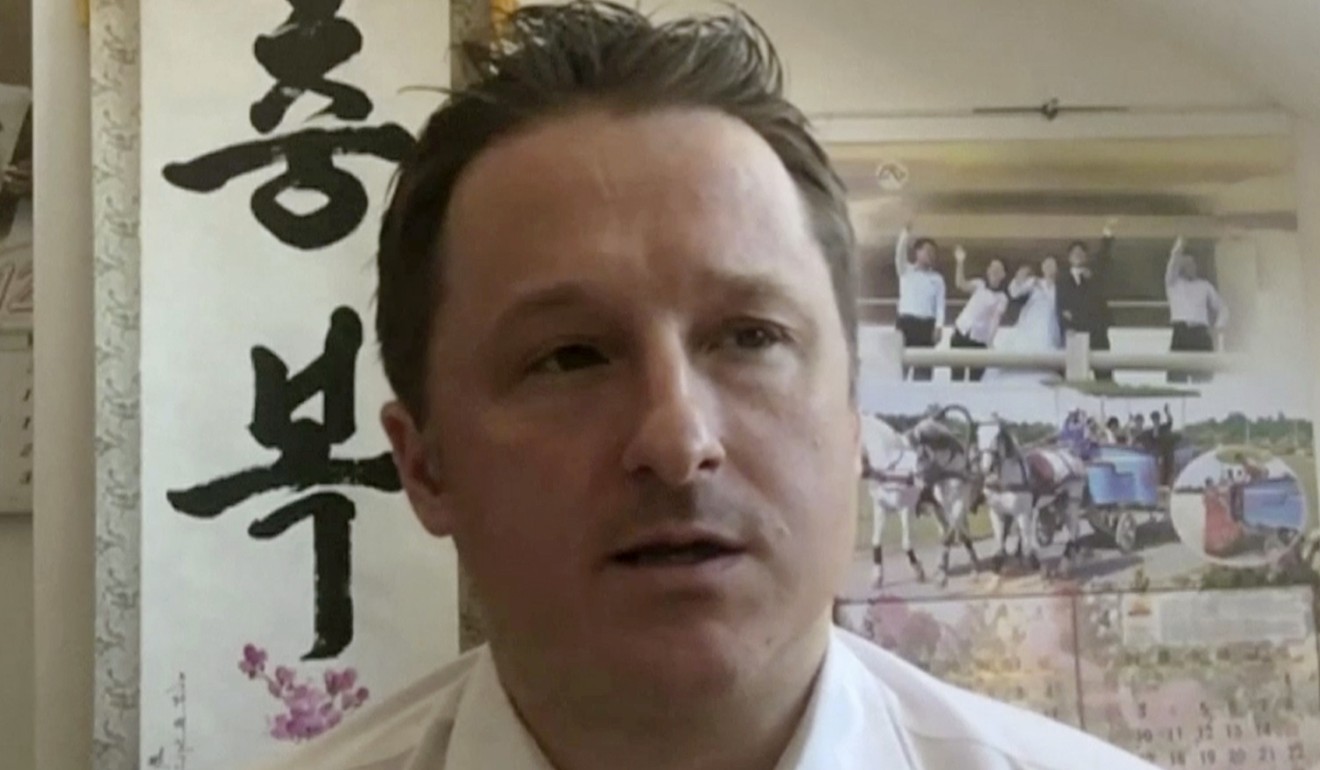
China ‘will protect the rights’ of Canadians held since arrest of Huawei CFO, justice official says
- Liu Zhenyu says Beijing is observing due process in dealings with detainees
- Canadian diplomatic affairs agency says 13 of its citizens have been held
Beijing is following the rule of law and protecting the rights of 13 Canadians reported to have been held by China, a government official said on Friday amid heightened tensions between the two countries after the arrest of a senior Huawei executive.
At a press conference organised by the State Council Information Office, Liu Zhenyu, vice-minister of justice, said China would protect the “interests of the persons concerned during the process”.
Canada said on Thursday that 13 of its citizens had been detained in China since Huawei chief financial officer Sabrina Meng Wanzhou was arrested last month in Vancouver at the request of the United States.
Guillaume Bérubé, the spokesman of Global Affairs Canada, which manages Ottawa’s diplomatic affairs, said the ministry was “aware of 13 Canadian citizens having been detained in China, excluding Hong Kong, since December 1, 2018. Of those, we can confirm that at least eight have been released.
“These 13 include Michael Kovrig, Michael Spavor and Sarah McIver,” Bérubé said. “There are around 200 Canadians overall who have been detained in China for a variety of alleged infractions and face ongoing legal proceedings.”
The Canadian government said that “many of these Canadians are out on bail or serving probation. This number has remained relatively stable. There has not been a marked increase or decrease in recent years. For comparison, there are almost 900 Canadians in a similar situation in the US.”
McIver, a teacher, has been released by China and returned to Canada, while Kovrig and Spavor are still in custody. Canadian consular officials were allowed to visit them once each in the middle of December.

The Canadian government has said several times it sees no explicit link between the arrest of Meng, the daughter of Huawei founder Ren Zhengfei, and the detention of Canadian citizens. Beijing-based Western diplomats and former Canadian diplomats said they believed the detentions were a “tit-for-tat” reprisal by China.
Canada says China has detained 13 of its citizens since Huawei arrest
Meng was released on C$10 million (US$7.4 million) bail on December 11 and is now living in one of her two multimillion-dollar Vancouver homes as she fights extradition to the US. The 46-year-old executive must wear an ankle monitor and stay at home from 11pm to 6am.
When asked about recent arrests in China, a Canadian citizen resident in eastern China said that he was not overly concerned.
However, he admitted that worries have been growing recently that Canada – a close ally of the US – is becoming an easy target for China in its rivalry with Washington, and that people may be caught up in difficult situations if relations continue to deteriorate.

“Earlier, people dismissed [the detentions] saying that the issue is about a political dispute, but now this is rolling on, they are more worried than before,” the Canadian, who spoke on the condition of anonymity, told the Post.
“Most of the Canadians in China are here for personal development and want to build a professional life in China,” he said. “But people are now concerned for their future in China, many plan to leave because China is not that welcoming to foreigners as it once was, and it’s become a bit tense as many people don’t see that changing and in many ways it’s getting worse.”

